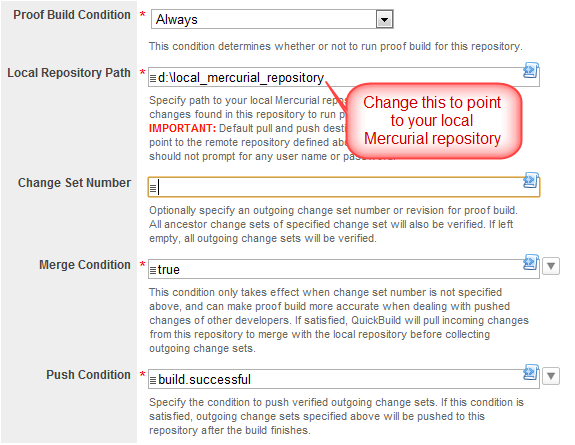

- #How to tell bitnes of mercurial windows how to
- #How to tell bitnes of mercurial windows install
- #How to tell bitnes of mercurial windows 64 Bit
I'll update the first post to have the correct configuration and output. So I think everything is being found, I'm just not sure what it's doing after that. (I think I had it right at some point, and if I change the loader or initrd path to be something that doesn't exist I do actually get an error message. Unfortunately, correcting it produced no change in output other than the correct archisolabel being shown as an option. That was not a transcription error I had that configured incorrectly. S1ln7m4s7r: On configuration: That was a good catch. I didn't think a 32 bit processor would be a problem (I bought an Atom for battery life, principally), and I didn't even know UEFI existed before this.Įdit - I should also note that I have secure boot disabled.Įdit 2 - Fixed configuration of archisolabel and added a note about nomodeset.
#How to tell bitnes of mercurial windows how to
I've looked at the Archiso scripts but I'm afraid I don't understand how to change the kernel that gets built in.Īny help would be greatly appreciated. I understand some people were having trouble booting 3.7 kernels on UEFI hardware ( this thread), and perhaps that is my problem, but I don't know how to switch out the kernel included in the iso. (Admittedly, I didn't try too terribly hard.)
#How to tell bitnes of mercurial windows 64 Bit
I've tried to compile 32 bit gummiboot, but I couldn't get the gnuefi headers to compile as 32 bit on my 64 bit desktop. iso file directly in case I'm screwing something up copying somehow, but it's the same thing - a blank screen with no output, whether I'm booting through an entry in grub.cfg or typing it into the command line myself. GRUB2 is much the same way I can boot into it, but I can't boot a kernel from it. There's no error message to give me anything to go off of. The cursor (_) at the bottom doesn't even blink. Using load options 'archisobasedir=arch archisolabel=ARCH_201303 add_efi_memmap initrd=\arch\boot\i686\archiso.img'Īnd then nothing.

ReFINd - Booting OS (in blue across the top) My nf's archlinux section looks like this, modified from the conf at the UEFI page: I installed reFINd 0.6.7 in efi/refind/ it has drivers for ia_32 and x86_64, icons, a nf, and refind_ia32.efi and refind_圆4.efi I mounted the offical arch iso (archlinux-2013.03.01-dual.iso) and copied it over to the USB stick, so at the top level it has arch/, efi/, isolinux/, and loader/.

Currently, I have reFINd and Arch extracted onto a USB stick, whose details are as follows:įile System info (gparted): fat32, 29.08 GiB I can boot into an EFI v2 shell and copy stuff over to my actual hard drive's fs0 partition if necessary. I've been able to boot succesfully into reFINd v 0.6.7 and a GRUB 2 v 1.99 compiled by myself as 32 bit with EFI support, but not actually launch any kernel successfully. I don't care about dualbooting at all, and I would prefer Arch - I'm typing this on my Arch desktop.
#How to tell bitnes of mercurial windows install
So far I have tried to use reFINd and GRUB 2, and I've tried to install Arch, Ubuntu, and Fedora. I've tried to adapt the instructions to 32 bit, but I'm not having much luck. All the info about UEFI on the arch wiki is focused on 64 bit machines, which, while sensible, doesn't really help me. My whatever-you-call-what-you-would-call-the-BIOS does not have "legacy"/BIOS support I'm stuck with UEFI. My apologies for yet another UEFI topic.but I couldn't find much information about laptops that are both 32 bit and UEFI only.


 0 kommentar(er)
0 kommentar(er)
